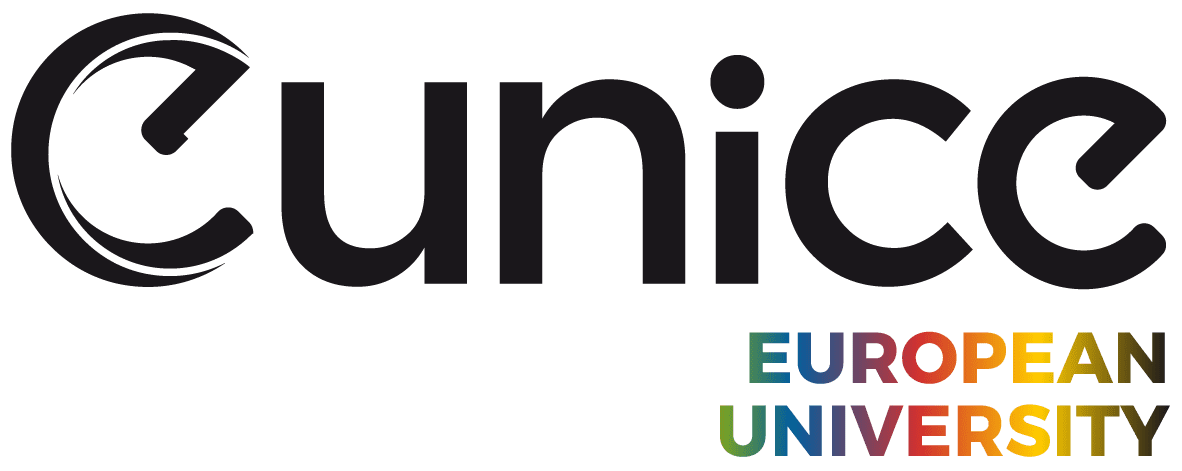The second Forum of European Alliances that took place last week in Spain demonstrated the will and efforts of European universities to create a European Degree and a legal entity of all the 50 European consortiums
All the 50 European university alliances were present at the second edition of the Forum of European Universities Alliances that took place on 14th and 15th September in Barcelona (Spain) on the occasion of the Spanish Presidency of the Council of the European Union. The event, where the most important issues affecting European alliances were addressed, was inaugurated by Minister of Universities of Spain Joan Subirats.
The European Commission’s European Universities Initiative “is a transformative long-term process,” said Margaritis Schinas, Vice-President of the EC. Therefore, he stated that efforts are being made to create the necessary tools so that these alliances can be established and then sustained in the long term. So, the work is being focused on two lines of action: the creation of a legal entity of all the European university alliances and the creation of the European Degree, a joint academic diploma – Bachelor’s, Master’s or PhD- that will be ratified by all the alliances and, thus, by each one of the universities that are part of a European consortium. In this context, in order to ensure a long-term sustainability of European university alliances, the need for stable funding was also one of the main topics for discussion, with reference to European, national and regional funds.
Five people from four different universities attended this forum on behalf of EUNICE: Vice-Rector for International Relations at Poznan University of Technology (Poland) and EUNICE Coordinator Paweł Śniatała, Vice-Rector for Internationalisation and Global Engagement at University (Spain) of Cantabria Matxalen Llosa, the coordinator of the Erasmus student network in Santander (Spain) Marta Gallardo, and Janina Biell and Pablo Cisneros, EUNICE Project Officers at Brandenburg University of Technology (Germany) and University of Vaasa (Finland), respectively.
This Forum of European Universities Alliances was also attended by representatives from the European Commission -including its Vice-President Schinas, its Director for Youth, its Director for Youth, Education and Erasmus+ Sophia Eriksson, and Vanessa Debiais-Sainton, Head of Higher Education Unit-, the Member States, the different university alliances around Europe and students.
All sessions were hybrid and external audience was invited to attend them online and to contribute to the discussions.
EUNICE, already established as an International Non-Profit Association
On the path towards the institutionalisation of the European university alliances, EUNICE had already signed in November 2022 its founding statutes as an International Non-Profit Association (AISBL) before a notary. Philippe Dubois, Rector of the University of Mons, is the current President of this legal entity, while Abdelhakim Artiba -President of the Université Polytechnique Hauts-de-France- is its Vice-President, and Matxalen Llosa, the President of its Board of Directors.
The signing of this AISBL represented a step forward as an alliance, as it became an international organisation, more than just a project.
EUNICE, an opportunity for students to boost their CV
Among other opportunities for students to acquire experience and develop skills, Paweł Śniatała presented the EUNICE International Internship Portal at the forum during the Research and Innovation Activities of European Alliances session of which he was speaker. He highlighted that it helps students to meet companies (Internship Portal) and university professors in order to do a mobility related to their final theses (Thesis Portal for undergraduates, master’s students and PhD candidates).
Caption (from left to right): Marta Gallardo, Janina Biell, Matxalen Llosa, Pablo Cisneros, Paweł Śniatała (EUNICE delegation at the forum).



![[for posting] 2nd Forum of European Universities Alliances - BCN (12) [for posting] 2nd Forum of European Universities Alliances - BCN (12)](https://eunice-university.eu/wp-content/uploads/2023/09/for-posting-2nd-Forum-of-European-Universities-Alliances-BCN-12-600x400.jpeg)



